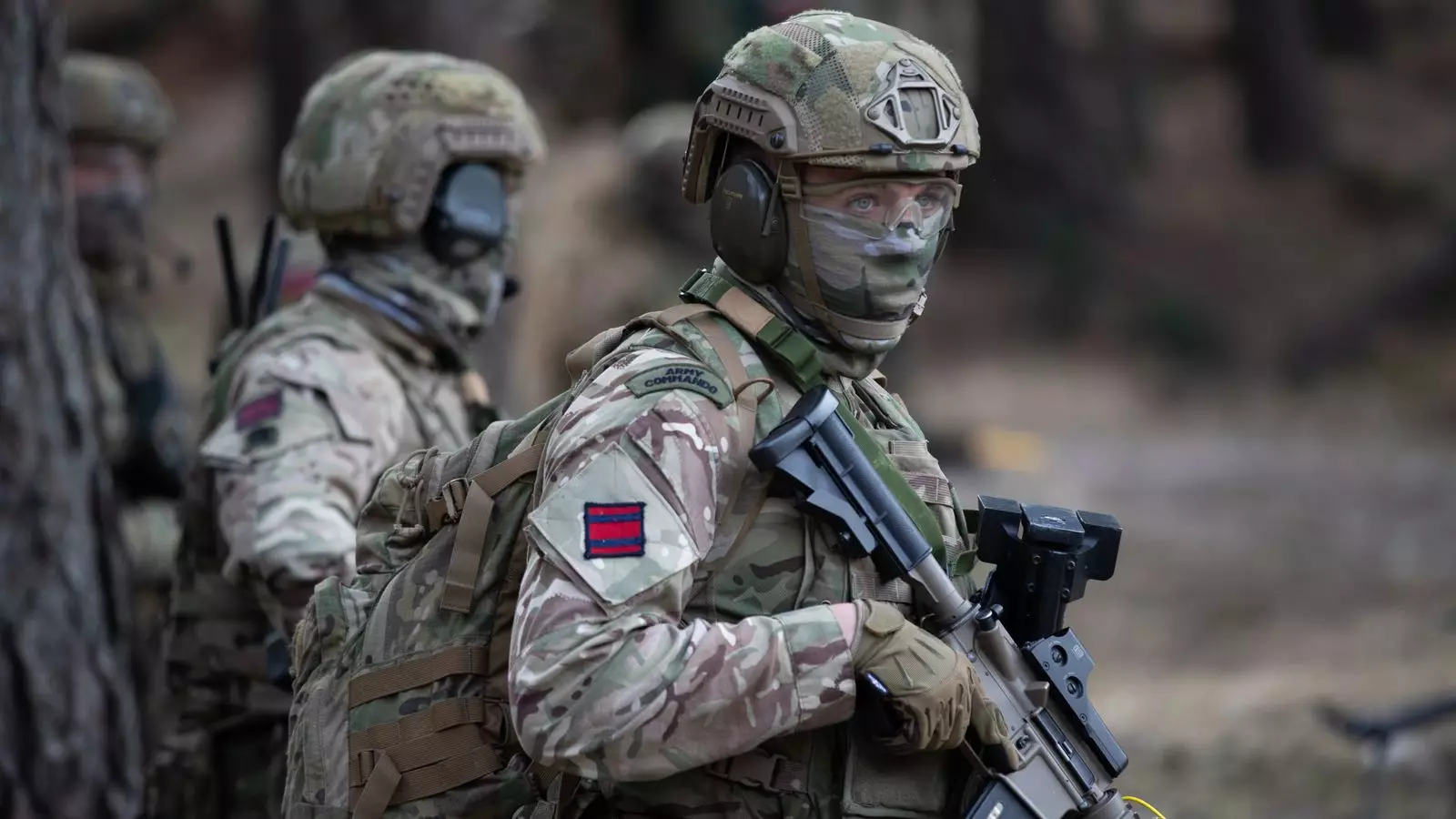The Ministry of Defence in the UK is facing a looming crisis in military procurement as a result of a significant funding gap for essential equipment. A recent report by a group of MPs highlighted the lack of a “credible” plan to purchase all the necessary weapons, especially after a substantial increase in the cost of the nuclear deterrent.
Financial Challenges and Budget Shortfalls
The report by the Public Accounts Committee revealed a funding gap of at least £16.9bn in the 10-year plan to procure equipment for the Army, Royal Navy, and Royal Air Force. The inflation rates and a weak pound further exacerbated the financial challenges faced by the Ministry of Defence.
The committee pointed out that the actual deficit could be as high as £30bn when considering all the capabilities required by the Army, rather than just those that are currently affordable. The MPs criticized the Ministry of Defence for postponing difficult decisions regarding which equipment programs would need to be canceled in order to make the plan financially viable.
One of the key findings of the report was the reliance on optimistic assumptions by defense chiefs, who expected a significant increase in defense spending to 2.5% of the national income, despite the uncertainty surrounding this adjustment. The failure to increase defense spending in the Spring Budget added to the concerns raised by MPs and military experts.
Dame Meg Hillier, the chair of the Public Accounts Committee, expressed alarm at the lack of a credible plan by the Ministry of Defence to deliver fully funded military capabilities. She highlighted the long-standing issues with defense procurement, characterized by escalating costs and delays, which have only worsened over time.
The £16.9bn funding gap identified in the report was described as the largest since the Ministry of Defence began publishing its 10-year equipment plan in 2012. Despite an increase in planned spending on military equipment over the decade to 2033, the rise in funding for the Defence Nuclear Organisation posed a significant obstacle to balancing the budget.
The soaring costs associated with the renewal of nuclear-armed submarines and related assets raised concerns about the potential impact on the budget for conventional military capabilities. Inflation and unfavorable foreign exchange rates further added to the financial pressures faced by the Ministry of Defence, making it challenging to address the growing deficit.
The report also highlighted a shortage of skilled officials to oversee the delivery of complex procurement programs, which cover a wide range of projects. Only a small fraction of the projects included in the Government Major Projects Portfolio were rated as highly likely to be delivered on time and within budget, indicating a broader issue with program delivery.
The looming funding gap for military procurement in the UK poses a significant challenge to national defense capabilities. The criticism from MPs and military experts underscores the urgent need for a comprehensive and credible plan to address the financial shortfall and ensure the procurement of essential equipment for the armed forces. Failure to act decisively could have serious implications for the country’s defense readiness and overall security posture.

Leave a Reply